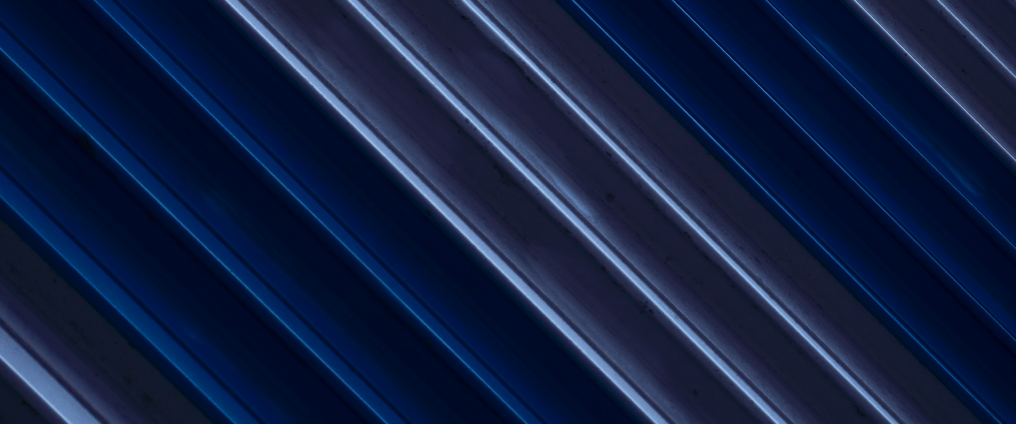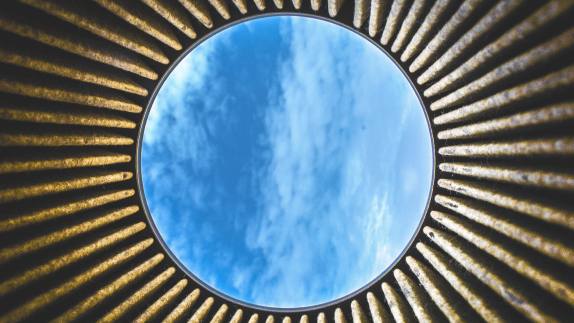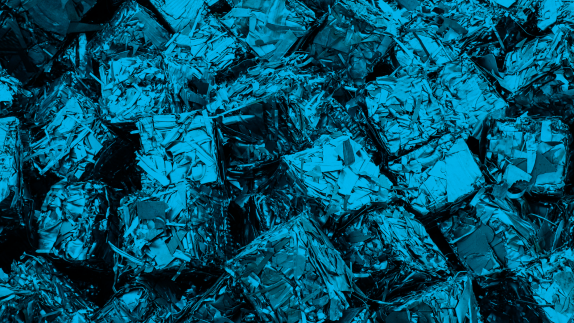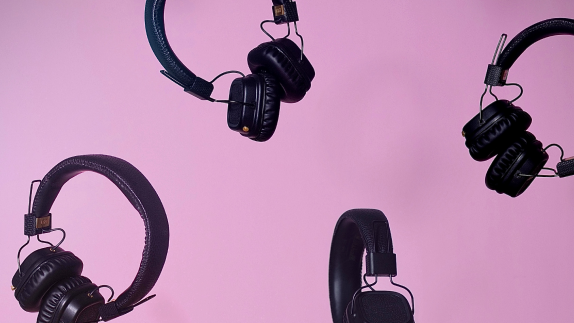Our current economy sees us take resources from the ground to make products, which we use, and when we no longer want them, we throw them away.
We call this a linear economy, where materials flow in a straight line - from the extraction of finite, natural resources, via manufacturing, to over consumption, and eventually - landfill.
In recent decades, food, energy, and materials have reached a greater number of people. Around the world, while poverty and hunger has receded, the explosion of global trade, consumption, and increased urbanisation has led to the exploitation and destruction of nature at a rate never seen before.
The impacts of human activity on our environment and biodiversity have become more striking in recent years, and there's an increased awareness of the fact that our lives and businesses rely on the world’s ecosystems.
In parallel, scientists warn us that extreme weather events such as storms, floods, and hurricanes, will become more frequent and more extreme, as climate change accelerates.
The Covid-19 pandemic with its unprecedented consequences on the economy and society has shaken the world’s environmental conscience and resounds as an ultimate alarm.
The current state of our planet is a direct result of the way we produce and consume things. This linear, extractive and polluting model poses major risks to our economic activities and represents an existential threat to our own well-being.
“Business as usual is no longer an option.” (WEF).
The circular solution
We can transform the system to ultimately decouple economic activities from resource extraction and create a thriving economy that benefits everyone within the limits of our planet. A circular economy goes beyond simply sustaining what we have, and focuses on driving growth which regenerates and actually improves our natural world.





